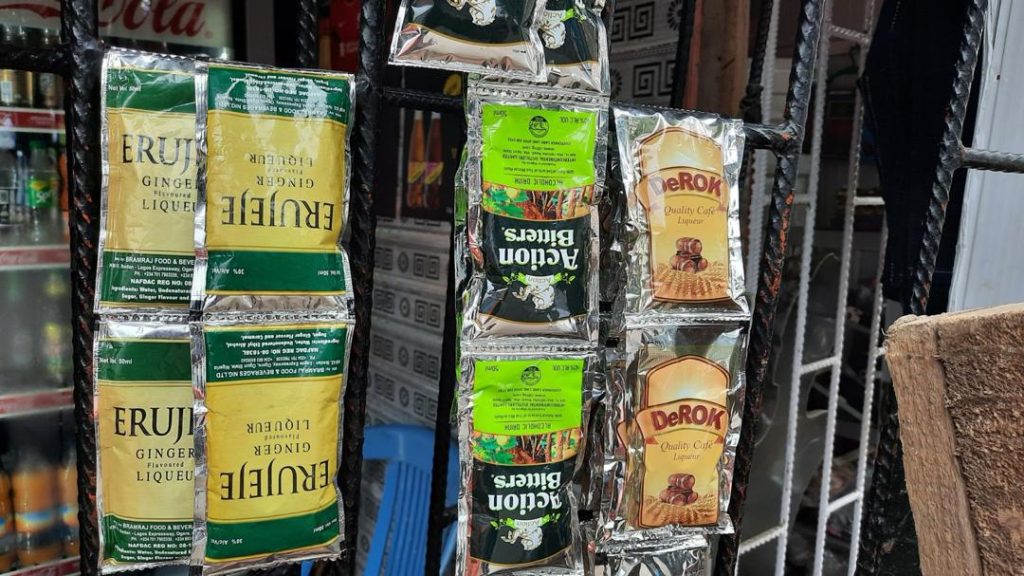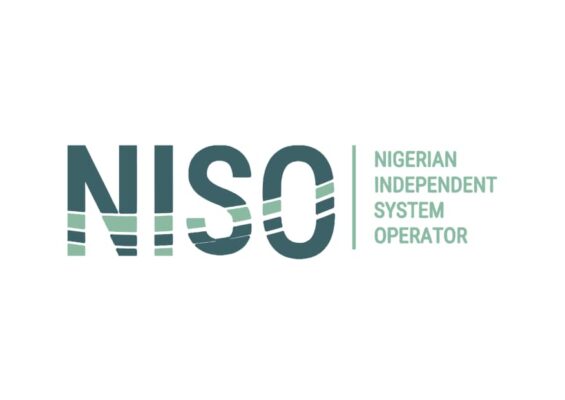
The Senate yesterday directed the National Agency for Food and Drug Administration and Control (NAFDAC) to enforce the ban on the production and sale of alcoholic drinks in sachets and small plastic bottles by next month.
The Red Chamber said there would be no further extension of the deadline.
The directive followed a motion sponsored by Senator Asuquo Ekpenyong (Cross River South), who expressed concern over the repeated postponement of the ban, despite the rising health and social problems linked to the consumption of cheap alcohol.
Ekpenyong noted that NAFDAC had shifted the phase-out date several times – from 2023 to 2024 and later to 2025 – due to pressure from manufacturers.
The lawmaker warned that any additional delay would amount to “a betrayal of public trust and a violation of Nigeria’s commitment to global health standards”.
“Packaging alcohol in sachets makes it as easy to consume as sweets, even for children,” Ekpenyong said.
“It promotes addiction, impairs mental and motor development, and fuels domestic violence, accidents, and crime.”
The motion enjoyed bipartisan support, with senators condemning the growing sale of high-alcohol-content sachet drinks across the country.
Senator Anthony Ani (APC, Ebonyi South) described the products as a “social menace destroying lives and futures,” especially among minors.
“These drinks are cheap, potent, and everywhere, in schools, markets, and motor parks,” Ani stated. “Every day we delay, more young Nigerians fall into addiction and violence.”
Senate President Godswill Akpabio, who presided over the session, said the issue was both a moral and national health emergency.
“This is not just a policy matter, it’s a life-saving decision,” Akpabio declared. “By December 2025, sachet alcohol must become history in Nigeria.”
The lawmakers decried the rising cases of underage drinking, road accidents, and domestic violence linked to the easy access and affordability of sachet-packaged alcohol, describing them as “silent poisons” undermining productivity and family stability.
Nigeria had signed a five-year Memorandum of Understanding (MoU) with industry stakeholders, including NAFDAC, the Federal Ministry of Health, and the Association of Food, Beverage, and Tobacco Employers, in 2018 to phase out high-strength alcohol in sachets.
The agreement expired in 2023 but was extended to December 2025, allowing manufacturers to adjust.
But the lawmakers expressed dismay that some companies were lobbying for another extension, warning that such pressure weakened NAFDAC’s authority and endangered public safety.
The Senate cited Section 17(3)(f) of the 1999 Constitution, which obliges the government to protect children and the aged from moral neglect and exploitation, as the legal basis for decisive action.
It also reaffirmed Nigeria’s commitment to the World Health Organization (WHO) framework on alcohol harm reduction, which discourages small, portable containers that encourage binge drinking and underage access.
After adopting the motion, the Senate directed NAFDAC and the Federal Ministry of Health to fully enforce the prohibition nationwide and reject any future appeals for deadline extensions.
The National Orientation Agency (NOA) was also mandated to launch a nationwide campaign to educate Nigerians on the health and social dangers of sachet alcohol.
Lawmakers further urged the Federal Government to release and implement the National Alcohol Policy, which explicitly bans small-volume packaging of alcoholic beverages.
Akpabio described the Senate’s resolution as a “historic and moral stand to protect Nigerians from a slow-killing culture”.
He added: “This is about saving lives, protecting our youth, and safeguarding our future.
“The time for excuses is over, by December 2025, sachet alcohol must end for the health, safety, and sanity of our nation.”




